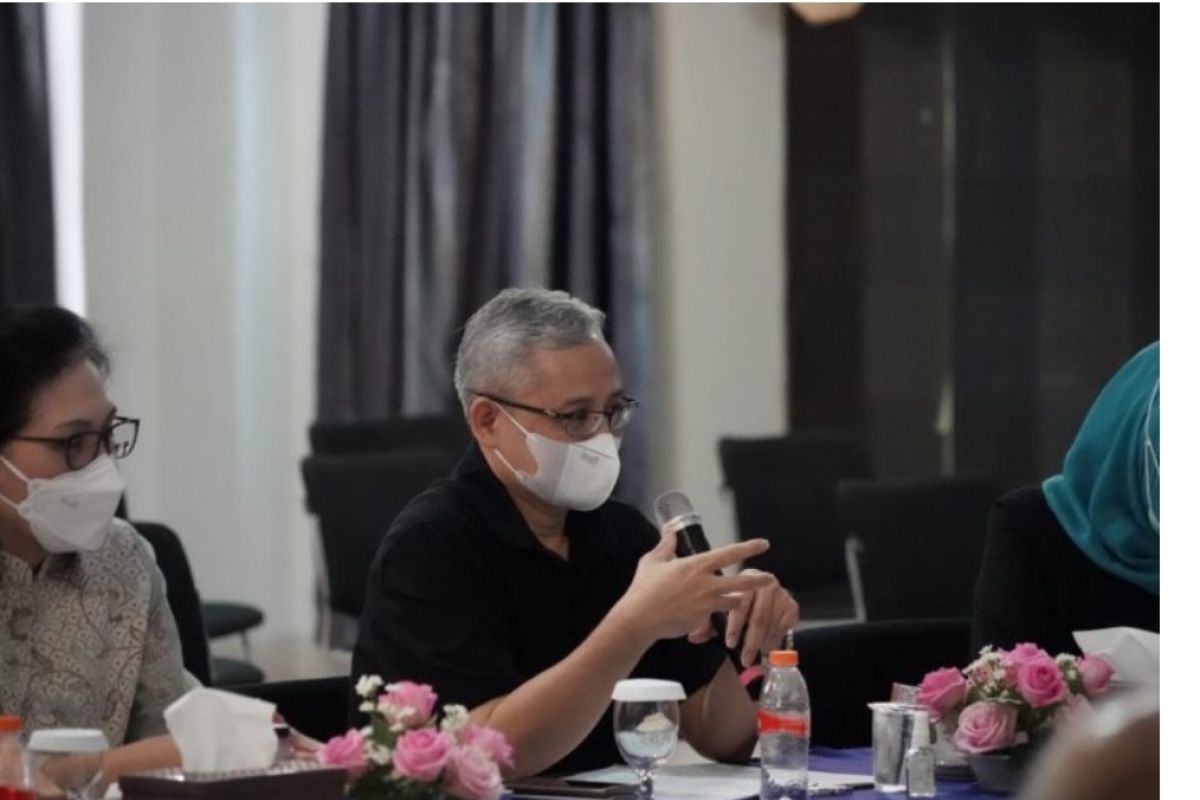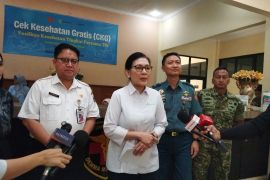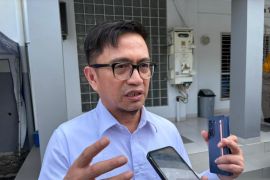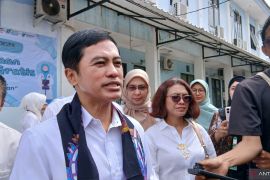"The health service is the spearhead of health in dealing with the COVID-19 pandemic. This indicates that health transformation must be carried out at that level, in all regions in Indonesia," Nugraha stated in Jakarta on Tuesday.
The ministry's secretary general conveyed that health transformation was one of President Joko Widodo's mandates to the Ministry of Health, in addition to carrying out the task of handling the COVID-19 pandemic and vaccination.
He outlined six pillars of health transformation promoted by Health Minister Budi Gunadi Sadikin. The first pillar is primary services through the revitalization program for 300 thousand integrated health posts (Posyandu) facilities and 12 thousand community health centers (Puskesmas) facilities throughout Indonesia.
The work program includes restructuring the health care facilities network to achieve equal distribution of services to all ages.
The second pillar is the transformation of hospital referral services that focus on the early detection of the three biggest diseases in Indonesia: heart disease, cancer, and stroke.
The third pillar is the health security system by ensuring that vaccines, diagnostics, and therapeutics are all available in Indonesia.
"At least 50 percent of the raw materials are domestic and produced domestically," Nugraha remarked.
The fourth pillar is transformation of the health financing system by conducting transparency and correct calculation of health financing to avoid problems between service providers and patients.
The fifth pillar is health human resources through equal distribution of health workers in all regions. The standard number of doctors according to the World Health Organization (WHO) guidelines is one per 1000 population.
However, the needs for health human resources in Indonesia are still not sufficient, combined with uneven distribution.
"Even distribution of qualified health human resources is needed to increase public access to health services," Nugraha stated.
He added that one of the efforts made to meet the availability of health human resources is through an academic health system that accommodates the potential of each institution into a series of visions based on community needs.
The concept will integrate degree in medical education with other health professional education programs in teaching hospitals, health systems, and health care organizations.
Nugraha is optimistic that this method would be able to calculate the number and types of health human resources graduates in meeting regional needs.
The sixth pillar is the transformation of health technology related to pharmaceutical technology and biotechnology.
"Apart from the development of the PeduliLindungi application, the Health Ministry will ensure that medical records in hospital will be recorded and stored properly on a digital system," he explained.
In the biotechnology sector, Nugraha said that the ministry will use the advanced diagnostic tool. Earlier, hospitals in Indonesia checked the patient's condition through blood samples, MRI, and CT scans.
"In future, the diagnosis will use genome sequencing to see more detailed condition and give forecast on the patient's future condition," he remarked.
Currently, genome sequencing machines are provided and used in national referral hospitals, including Dharmais Cancer Hospital; PON Hospital for stroke; Cipto Mangunkusomo Hospital for metabolic diseases, such as diabetes and kidney disease; Yogyakarta Hospital; Pondok Indah Hospital for infectious disease; and Sanglah Hospital.
Related news: COVID-19 Task Force urges public to keep following health protocols
Related news: Implement health protocols, vaccinations until pandemic ends: ministry
Translator: Andi Firdaus, Resinta S
Editor: Rahmad Nasution
Copyright © ANTARA 2022












